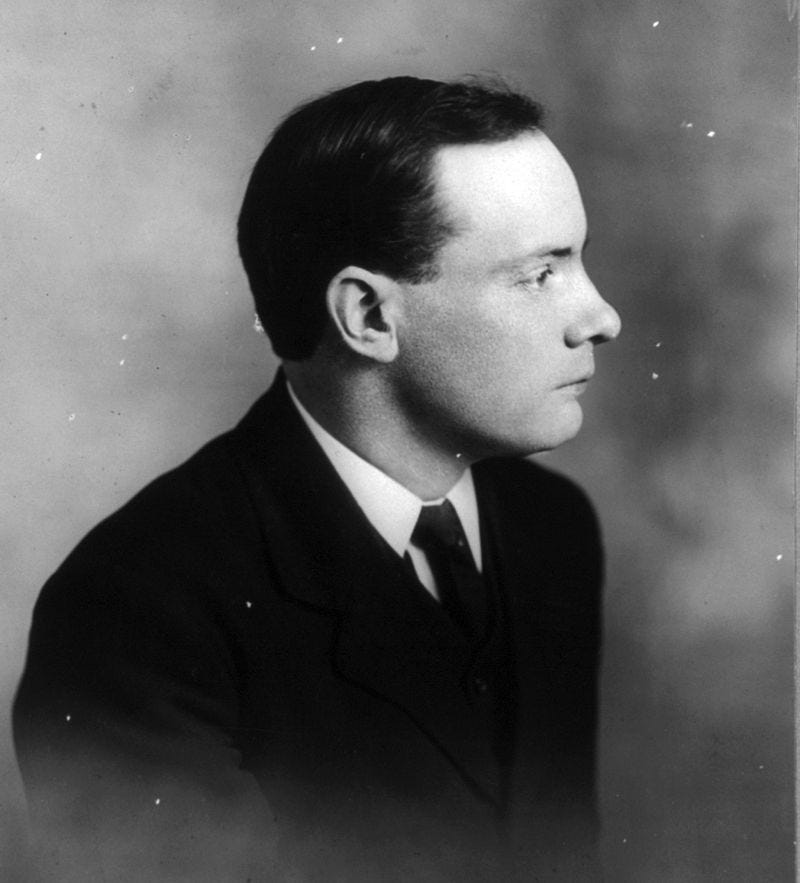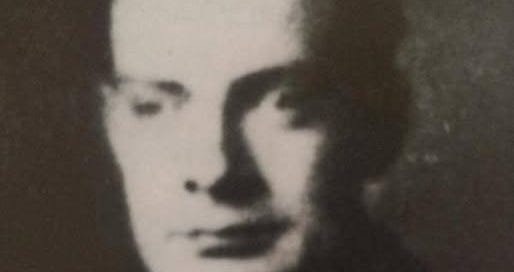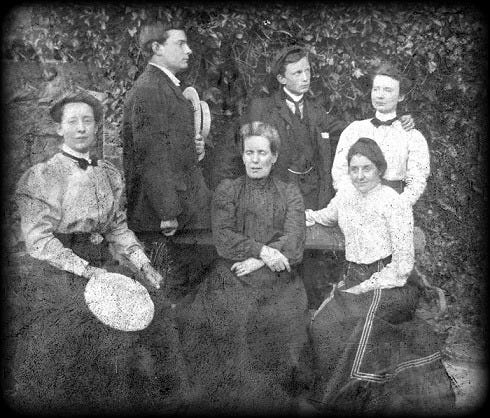I feel like the first thing I must say off the bat is that I don’t mean for this to be an attack on Pearse or in anyway disrespectful. When I think of Pearse and the sacrifice he made - the ultimate sacrifice anyone can make - for Ireland, I only feel intense admiration. I’d even go as far to say I love him in some respects, such is the intensity of admiration that I feel for him and indeed the other Easter Rising leaders. That may sound silly. How can you love someone you never met? But people love celebrities, actors, musicians, athletes they never met. When famous people die, their fans report being shocked and grieving. Pearse’s legacy wasn’t a filmography or a discography, but the lighting of a fuse that led to the War of Independence and the eventual Independence of 26 of Ireland’s 32 counties.
The purpose of this short piece is to shine some light on the enigmatic and contradictory personality of Pearse. He is remembered today as a founding father of the Republic of Ireland. Ever since his execution for his part in the 1916 Easter Rising against Britain (not only was he a leader, but he was one of the seven signatories to the Proclamation, which he himself read outside of Dublin’s General Post Office), his portrait has hung up in homes, pubs, schools and churches for generations. In 1965, Galway Cathedral installed Pearse and the assassinated President John F Kennedy in mosaic in a side-chapel, praying on either side of a resurrected Jesus. For many people, he personifies and represents the Easter Rising. But can many people say they knew what he was like? For instance, it is fairly well-known he was a talented and powerful orator, but he was also noted as extremely shy, even socially awkward.

We are fortunate that there have been a number of biographies on Pearse, as due to his political writings and work on education and the Irish language, he left behind a large body of writings for future historians to work with. By contrast, Sean MacDiarmada, one of the chief architects of the Rising alongside Tom Clarke, was extremely secretive. Ever the conspirator, he refrained from political writing for fear of it ending up in the hands of the British. Born in 1879 in Dublin, Pearse was raised Roman Catholic and as a child composed plays, in which he often cast himself in the lead role, sometimes as a priest giving sacraments and blessing his siblings. His mother didn’t allow them to play with other kids in the neighbourhood.
As a young teenager at school, he was described as shy and lacking in self-confidence, yet at the same time conjured up confidence to confront children and even adults he felt were being unfair to him and others. By the age of 16 he had strong knowledge of English, French, Latin and Irish. After he left the Christian Brothers School he obtained a degree in languages and law. At 25, he was a barrister and Irish lecturer at the Catholic University College. Safe to say, he was very successful for his age. Between then and his death by firing squad in 1916, he established an Irish speaking school, St Edna’s, and had climbed through the ranks of the clandestine revolutionary group known as the Irish Republican Brotherhood, quickly entering its Supreme Council.
The one area of his life that was not so successful was romantic. When he was executed at 36, he was single and without children. Questions, claims and rumours have swirled in the last few decades, starting with Ruth Dudley Edward’s controversial biography of him in 1979. Only two pages out of 400 deal with his sexuality. In the book she claims Pearse had homosexual desires, which she bases on a number of poems. It is certainly possible that he was secretly gay and possibly struggled to reconcile his sexuality with his religious faith. However there is no evidence of him having a sexual relationship with men. Likewise, there is no evidence for the longstanding claim that the reason he was single for much of his adult life was the death of his first love.
Others have went further - too far in my opinion - and have claimed his poems were indicative of pedophilic tendencies. Putting aside those who have said this is due to misunderstandings around translations from Irish to English, Professor Michael Fitzgerald argues his fascination with young boys was a Victorian innocence. Fitzgerald, a professor of child and adolescent psychiatry, believes Pearse possibly suffered from autism. This may explain his lack of a romantic relationship and social struggles. Pearse was incredibly shy around women.
The sister-in-law of Thomas MacDonagh - a fellow leader of the 1916 Rising - recollected standing in a library with her sister, MacDonagh and Pearse. MacDonagh approached her and said “come outside, I’ve something to tell you”, she left, leaving her sister with Pearse. MacDonagh said to her “Wait till you see Pearse! He won’t stay in the room for a minute with her!” She recalled, “and the next thing, the door opened and Pearse shot down the passage with his head down like as if he was pursued by the devil”.
He was not just lacking romantic relationships, but any relationship. Besides MacDonagh, who taught at St Edna’s, and his younger brother Willie, he had little to no friends. His time was predominately spent teaching, running his school and writing in relation to politics and the Irish language. Regularly described by acquaintances as aloof and reserved, he had a degree of social anxiety, which in part stemmed from a squint in his right eye. For this reason, he preferred to look to the side in his portraits.
Conclusion
Coming back to the provocative title…the term incel is short for involuntarily celibate. It’s used to refer to men who are unable to find a romantic partner despite wanting one. It is associated today with the ‘incel community’, an online subculture that revolves around said men blaming women for their problems and poor dating success. It is steeped in misogyny, self-entitlement, self-pitying and resentment. Pearse was not an incel in this modern sense. He did not hate women or feel entitled to female intimacy. Indeed, he potentially may not have even wanted it. If he was not homosexual, which we ultimately do not know, then he probably was involuntarily celibate, in that very traditional sense of the word.
Despite his charisma and intellectual prowess, he lived something of a lonely, solitary life, with few emotional connections besides his family. He was possibly gay, possibly asexual, possibly romantically stunted by his shyness around women. His love interests took the form of his causes - Ireland, the Irish language and his Catholic faith. It is important to look at men like Pearse beyond their god-like status in Irish history and examine, in the case of Pearse, the man behind the myth. I think this very human, somewhat peculiar or atypical side of him, makes him even more fascinating.






Interesting post. However, I disagree with the glorification of Pearse and co. On a side note; there's one extra thing - and I mean no disrespect, but, there is a small grammatical correction to be made: It's ''others have GONE further'' as opposed to ''others have WENT further.'' If you dropped the ''have'' you could have used the word ''went'' as in ''others went further''.